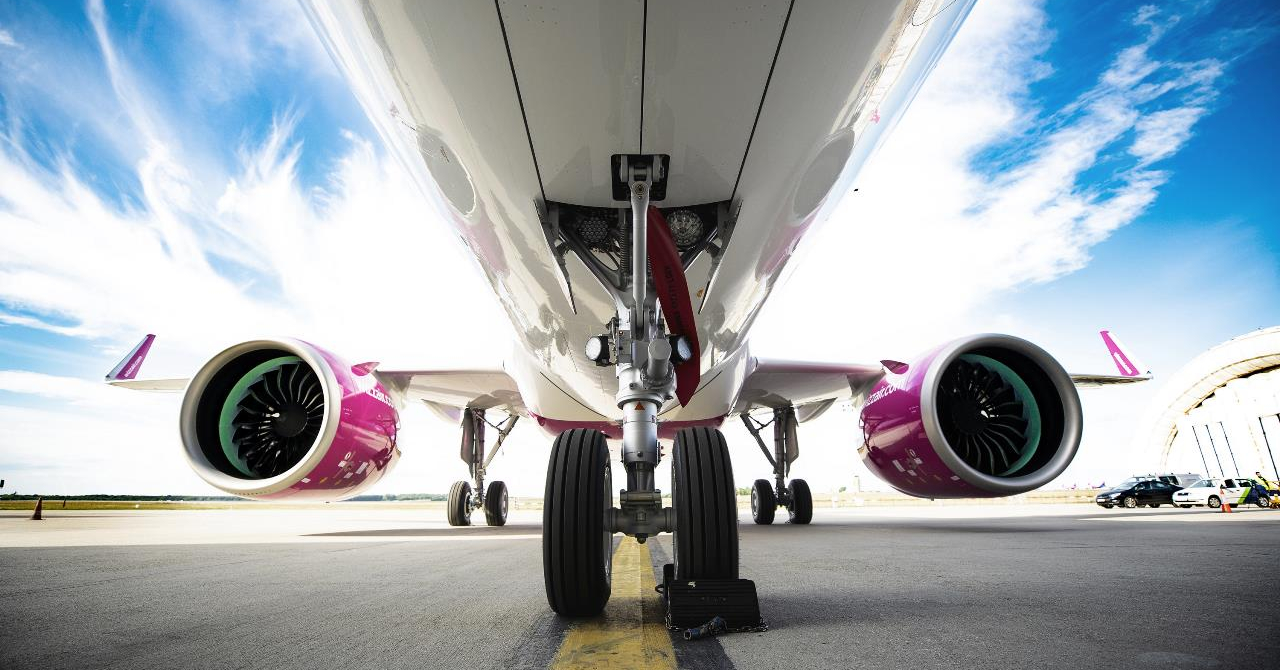The cooperation means Wizz Air will analyse the potential for highly efficient, ultra-low-cost hydrogen powered operations. It will provide Wizz Air with a much deeper understanding of how operating a zero-emission hydrogen aircraft could positively impact the airline’s future business model.
The objective of this Memorandum of Understanding is to identify both operational and infrastructure opportunities and challenges of hydrogen aircraft.
Both parties will collaborate to develop a deep understanding of:
- The evolution of the global hydrogen ecosystem from the perspectives of society, regulation, energy pricing and hydrogen infrastructure
- The impact of hydrogen aircraft on Wizz Air’s fleet, operations and infrastructure, including its network, scheduling, ground bases and airports, by considering specific aircraft characteristics, such as achievable range and refuelling time
“We believe that growth and sustainability are not mutually exclusive, with leading-edge new technology paving the way to more sustainable air travel. This momentous agreement with Airbus will advance sustainable aviation across the globe through development of ultra-efficient operations and business models of the future”, said Johan Eidhagen, Chief People & ESG Officer, Wizz Air.
“Working with our customers is paramount to developing a climate-neutral, zero-emission aircraft by 2035. We are very pleased to have Wizz Air on board to collaborate on the ongoing research and development into the requirements for hydrogen aircraft operations within a hydrogen powered aviation ecosystem. Understanding airline fleet and network performance enables us to better define the architectural characteristics for a future ZEROe aircraft as well as the impact on airports, ground support and route network”, stated Glenn Llewellyn, Vice President Zero Emission Aircraft, Airbus.
Airbus is currently preparing a test for a hydrogen-powered jet engine in 2025. The engineers are focusing on aircrafts that will be capable of flying less than 4.000 km, a range that would be enough to reduce two thirds of global emissions. After that, the scale will grow.
 Oana Coșman
Oana Coșman












Any thoughts?